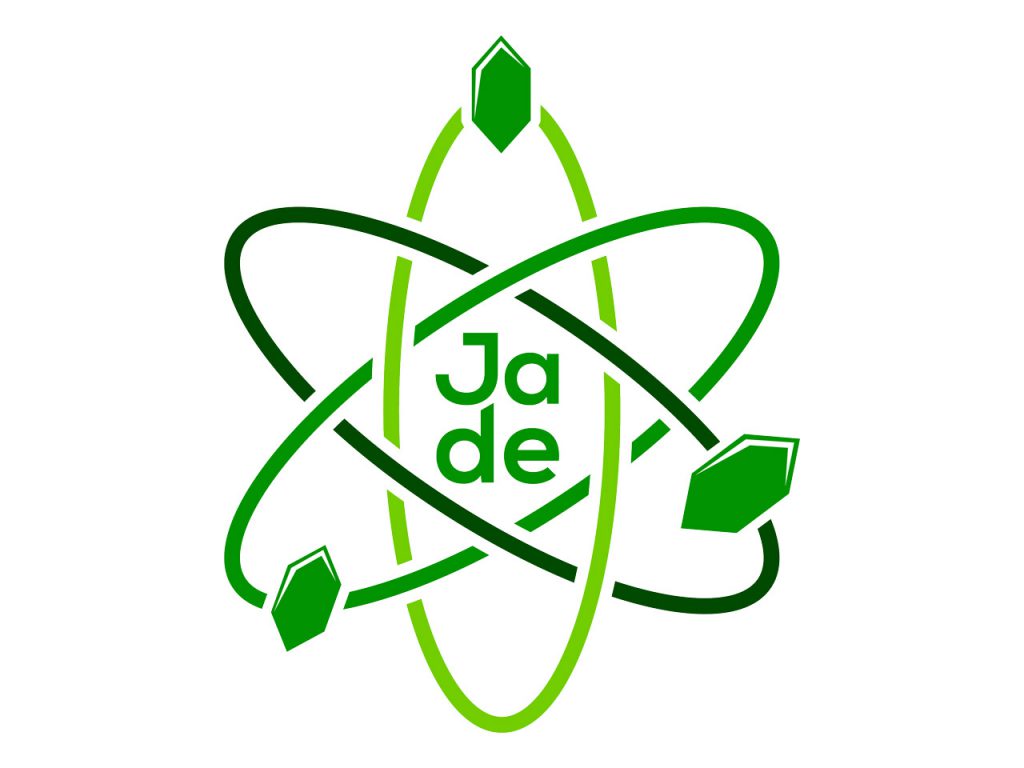Better fusion data thanks to JADE

Data libraries are commonly used in the field of nuclear physics and engineering. These data collections are updated periodically and have to be checked to avoid inconsistencies and errors. This task is very demanding and tedious if performed extensively, as experts need to conduct multiple tests.
The International Atomic Energy Agency (IAEA) acknowledged in 2018 that an automated and exhaustive validation and verification process of the FENDL libraries (the reference libraries for ITER) would be of great interest. JADE, a new software tool designed to validate nuclear data libraries, was conceived in this context.
F4E, NIER and University of Bologna (UNIBO) are the parties involved in this project since May 2019. Davide Laghi, former trainee at F4E and current PhD student at UNIBO and NIER, is the first author of a recent paper published in Fusion Engineering and Design describing JADE. “Starting from theoretical models and experimental data, experts perform a long and complex process to end up with nuclear data libraries ready to be used. It is not unusual to have a few errors lurking around. Systematic and widely automated verification and validation tools like JADE are the best way to spot them in advance and, ultimately, save a lot of time and resources both for the producer and the users of the libraries.”

Alfredo Portone, F4E Analysis and Codes Group Leader, in collaboration with Raul Pampin and Marco Fabbri, Technical Officers of the same Group, are also involved in the development of this software. Marco Fabbri is the F4E coordinator of the project. “We are very proud to collaborate with IAEA and to be part of the FENDL release process. JADE gives us the possibility to spot errors beforehand, and to assess quickly the impact of the new data on the different components. This tool will also be very useful in the development of IFMIF-DONES and DEMO.”
Georg Schnabel, Nuclear Physicist at the Nuclear Data Section of the IAEA, is one of the people involved in the FENDL project. He explains JADE’s potential to become a widely used tool. “Institutions are raising awareness on the great benefits of automated, repeatable and traceable computational procedures for quality assurance of nuclear data libraries. JADE can become a valuable verification and validation tool in the future, especially as the intention is to make it available as open source.”
The fusion community will have the chance to learn more about the recent advances on JADE in the 28th IAEA Fusion Energy Conference to be held next May. Moreover, JADE will be included in the F4E software corner, a storage platform in which F4E shares codes with their industrial partners or suppliers and the scientific community. The F4E Analysis and Codes Group manages this space through the open-source GitHub platform. The plan is to release JADE as open source in the near future, facilitating the collaboration with other institutions and the integration with IAEA procedures for the release of libraries.